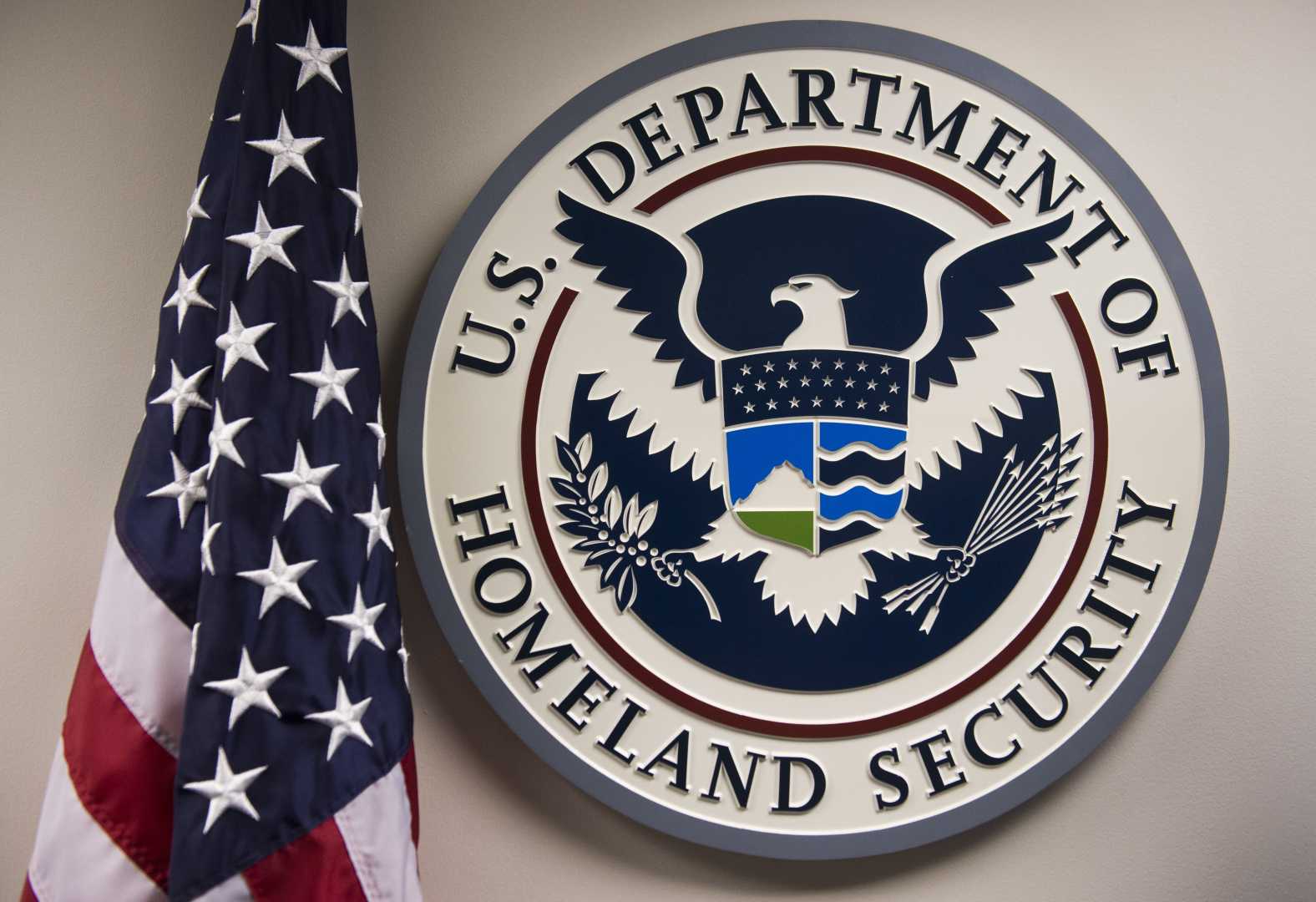News
DHS Employees to Work Through Shutdown, CISA Faces Significant Cuts

Washington, D.C. — A government shutdown is looming as Congress fails to reach a funding agreement, but over 90% of Department of Homeland Security (DHS) employees will continue working. This is due to the agency’s ‘Procedures Relating to a Lapse in Appropriations,’ allowing most law enforcement and safety positions to remain occupied during a budget lapse.
According to DHS’s updated plan issued on September 30, 249,065 of its nearly 271,000 staff members are expected to stay on the job, while 22,862 could be furloughed. Critical agencies like Customs and Border Protection and the Transportation Security Administration, along with the Federal Emergency Management Agency, will maintain operations as they are deemed necessary for safety and security.
FEMA, for instance, plans to retain approximately 84% of its workforce, which includes 20,975 out of 24,925 employees. This ensures continued disaster relief operations, although some grant approvals and new policy writings may be paused.
However, staff at the Cybersecurity and Infrastructure Security Agency (CISA) face severe cuts, with only one-third of its 2,540 employees expected to remain active. CISA’s chief, Deepak Kumar, described the situation as “ironic,” coinciding with new initiatives aimed at protecting critical infrastructure. The agency is also bracing for the expiration of key information-sharing authorities, potentially complicating its operations.
Moreover, many back-office functions across the DHS, including planning and auditing activities, are likely to see furloughs. The management directorate, for example, could face significant staffing reductions.
DHS’s plan indicates that frontline staff, including airport security personnel and Border Patrol agents, will continue working throughout the shutdown. Out of 61,475 TSA employees, 58,488 are expected to remain on duty, ensuring airport operations remain relatively unaffected.
As the situation develops, officials warn that certain government functions will be impacted negatively due to the shutdown. For example, programs like Social Security and Medicare will remain funded but may face administrative delays.
If the shutdown prolongs, effects on federal services are expected to escalate, raising concerns about the continuity of public health oversight and safety regulations.












